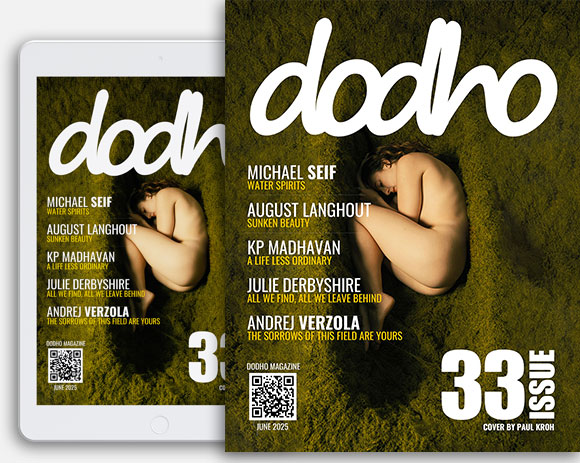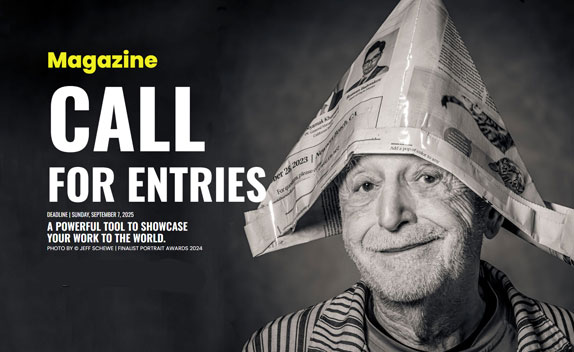One day an old man in a plain suit sat next to me by a pond in a park. He began to put powder on his face and changed into a woman’s kimono.
He started dancing to the Japanese ballad that came over his radio, smiling all over his face. He told me that he was a master of Japanese dancing, that he was a homosexual, and that he had cancer. Another day, I met an old millionaire in underwear who rode a rickety bicycle, and yet another day, I met a devilish-looking man who in fact was a mammy’s boy. The pond is a wide lotus pond called Shinobazunoike. As I went there more often, I met more people like them. Before long, I began to take photographs of them and listen more to their stories.

There is something about the people I met at the pond that peculiarly attracts me, something more than just how they look, just what they say about themselves. It is as if they had a kind of magnetic power, unseen and quiet, further attracting those who take a close look at them.
I go to the pond often and share time with the people. Each subject has his or her own background and character so unique that no stereotype can define them. It is as if all sorts of mutually-conflicting and complex human characters – vigor and weakness, harshness and gentleness, beauty and ugliness, and so forth – all reveal themselves as they are in each person, and quietly create a magnetic power of his or her own.
The work I named “Thirteen Orphans”. It is the name of the strongest hand in the game of mahjong. In most games, we collect series of the same type of cards and melds, but in this hand all the cards are unrelated to the others. However, if one card is missing, this hand is worthless. Each is unlike all the others; each combines to make the whole. Just like human society.

About Tsutomu Yamagata
Tsutomu Yamagata is a documentary photographer based in Tokyo, represented by Zen Foto Gallery and the member of the Japan Professional Photographers Society. He was born in 1966 and raised in Tokyo, majored in Law at Law department, Keio University. Worked many years at Business Planning Department and Human Resource Department of an energy industry, and gained valuable experiences such as communicating with people, groups and the society through his job. At the same time, he gradually attracted and involving in the photography, then left his job for pursuing photography and went on the long journey to Asia and Europe with taking many documentary pictures. He learned photography through self-education, and started giving exhibitions actively at Japan and China. In 2012, published his photo book “THIRTEEN ORPHANS”, gave exhibitions in Japan, China and USA. In 2013, attended Review Santa Fe and selected to Photolucida’s Critical Mass Top 50 photographers. In 2015, received the Lensculture Portrait awards and the Asian Emerging Photography Grant. In 2016, he published his new photo book “Ten Disciples”. [Official Website]
























